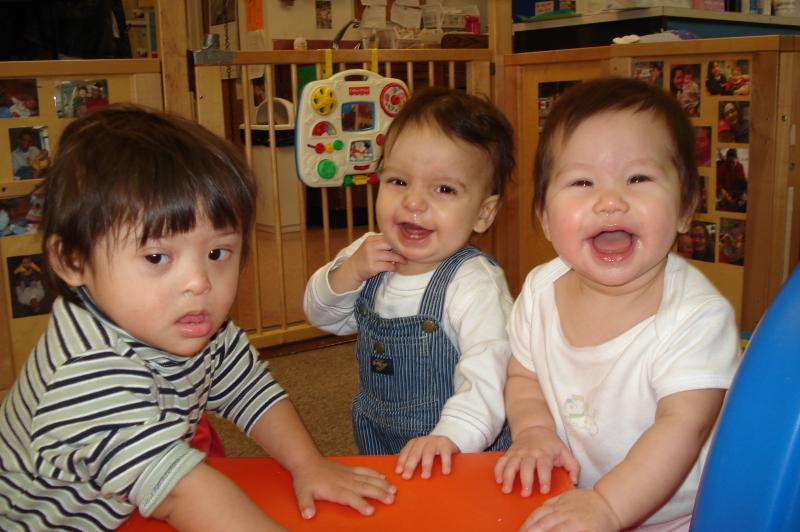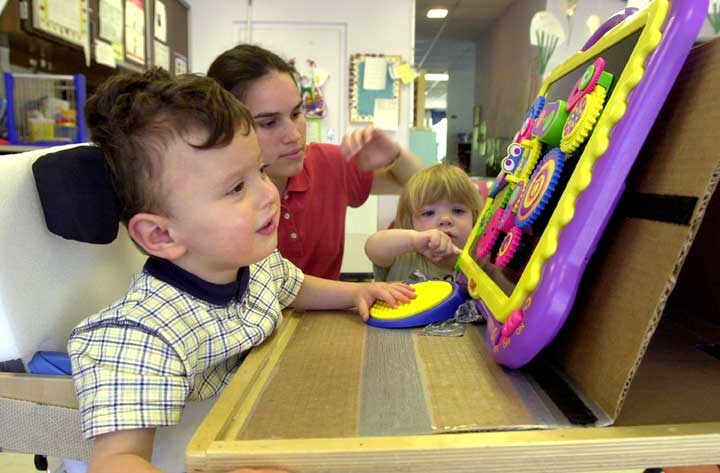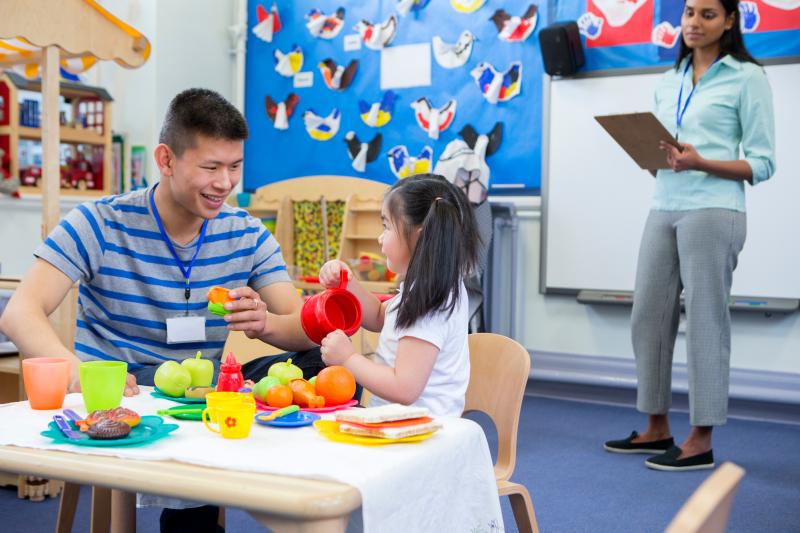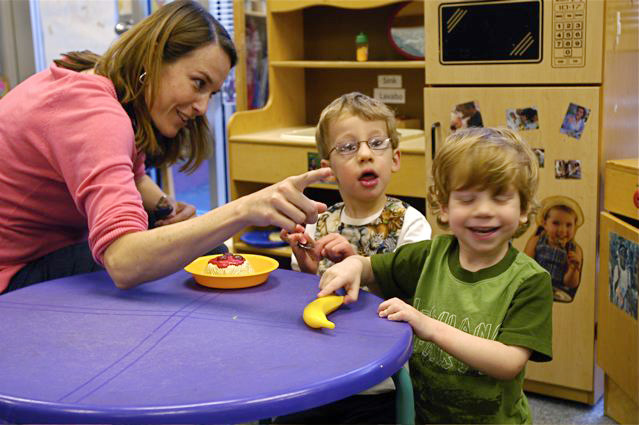What We Do
Efforts to promote STEM learning in young children have been proven to have significant impacts on important future learning in the areas of science, technology, engineering, and math. To further build the foundation for critical STEM concepts in young children, we use a set of expert-built tools known as learning trajectories. Comprised of benchmarks, the development of children's thinking between the benchmarks, and connected learning experiences, materials, and games, learning trajectories enable families and early childhood professionals to implement high-quality, experiential STEM learning for young children. In fact, research shows that early STEM competencies even correlate to future language skills as well. At STEMIE, our aim is to bring the best STEM resources, activities, and experiences to schools and homes with an added focus of incorporating adaptations for children with disabilities.
STEMIE elevates the competence and confidence of early childhood practitioners, families, faculty, and professional development and technical assistance providers in early STEM learning for young children with and without disabilities. The work at our center has been specifically designed and selected by experts to accommodate and promote learning for each child in a flexible, growth-oriented format.
Focus on Equity and Inclusion
The paramount core value of STEMIE is to promote high-quality inclusion of young children with disabilities in early childhood settings.
paramount core value of STEMIE is to promote high-quality inclusion of young children with disabilities in early childhood settings.
To accomplish this, our center emphasizes the need to individualize the environment, materials, and instruction based on children’s function and needs as opposed to a specific disability.
We also recognize that STEM is not culturally neutral. To support children, especially those from historically underserved communities, in developing a STEM identity, STEMIE is working on ensuring its products and services are representative of the diversity of children, families, and practitioners in terms of roles, race, ethnicity, and language.
Leverage Evidence-based Research and Tools
 STEMIE uses developmentally appropriate and evidence-based practices, including early STEM teaching practices and strategies and the Division for Early Childhood (DEC) recommended practices.
STEMIE uses developmentally appropriate and evidence-based practices, including early STEM teaching practices and strategies and the Division for Early Childhood (DEC) recommended practices.
To further build the foundation for critical STEM concepts in young children, we use a set of expert-built tools known as learning trajectories. Comprised of learning experiences, benchmarks, instructional materials, and games, learning trajectories enable families and practitioners to implement high-quality, experiential STEM learning for young children.
Collaboration with STEMIE Cultivators
 Our focus on collaboration means that we take an individualized approach by working with families, practitioners, faculty, professional development, and technical assistance providers, including young people with disabilities. Together, we think of this as a community of cultivators who aim to apply our core values towards the betterment and continuation of inclusive STEM learning.
Our focus on collaboration means that we take an individualized approach by working with families, practitioners, faculty, professional development, and technical assistance providers, including young people with disabilities. Together, we think of this as a community of cultivators who aim to apply our core values towards the betterment and continuation of inclusive STEM learning.
STEMIE cultivators continually collaborate with other leaders in STEM fields and co-create across disciplines, including early childhood STEM, early childhood, early childhood special education, early intervention, and allied health.
Growth-based Approach
To ensure that children have seamless and coherent STEM learning experiences as they progress into elementary school, STEMIE initiatives align with K-3 STEM standards, curriculum, and instruction.
By providing practitioner and family-member cultivators with the tools they need to continue facilitating progressive STEM learning, we are leveraging a growth-based approach that supports success beyond the early childhood years.
